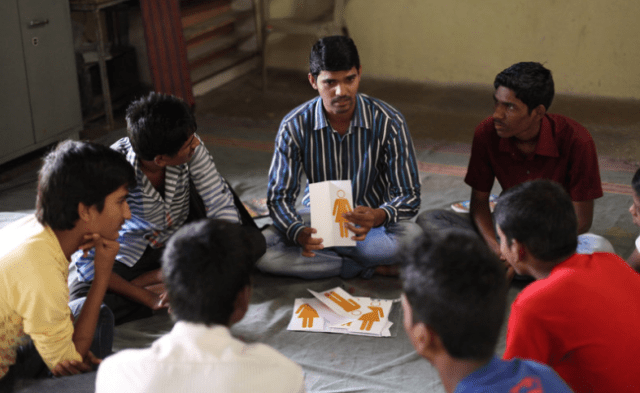
You may have recently come across the news about Nigerian author Chimamanda Ngozi Adichie‘s TED Talk-turned book ‘We Should All Be Feminists’ being distributed to every 16 year old in Sweden, as a way to encourage discussions about gender equality and feminism.
It is something that made us wish every school in the world would implement, but most of us are already familiar with how ahead of the curve countries like Sweden are when it comes to gender equality. In fact, it’s other countries that desperately need a book like Chimamanda’s, such as India.
When we recently interviewed filmmaker Leslee Udwin about her powerful documentary ‘India’s Daughter’, which told the story of a young Indian girl who was brutally gang-raped and murdered on a bus in Delhi in 2012, she went into detail about how talking to the rapists in jail, who were uneducated and come from lower castes, as well as their lawyers who are highly educated, there was a glaring similarity: they both thought the same way about women.
Although India is technically a democracy and has equality clauses in its constitution that even the US does not, the patriarchal mindset that says “women are not equal to men” firmly remains. One of her next and ongoing projects is the creation of a global curriculum called the Equality Studies Global Initiative where she hopes to eventually persuade every government in every country to implement this human rights educational course as mandatory alongside the need to learn how to read and write.
The problem, Leslee says, is that we don’t automatically teach young boys and girls about human rights and gender equality, but if we did, it would go a long way to breaking the cycle of inequality that women, minorities and people of color face today all around the world.
A country with a population of over 1 billion people which is estimated to take over that of China in the next 7 years, India still has a long way to go, despite the many strides they have taken legislatively with their constitution.

One non-profit organization which clearly has the same idea of breaking generational cycles of gender inequality has started to impact the lives of young boys in a city in India. Founded in 2010 by Rujuta Teredesai Heron and Will Muir, the Equal Community Foundation has a mission to ensure that every man in India has the opportunity to study and practice gender equitable behavior to end violence and discrimination against women.
Based in the city of Pune, the organization runs a series of classes for boys aged 14-17 once a week over a period of 15 weeks. During the session, a mentor discusses every day issues with a group of boys and helps to change their attitudes toward women. At the end of the course, each boy is tasked with creating a community project or an action that helps women in some way. So far about 1,700 boys have completed the program. And about 700 have gone on to join a corps of volunteers who organize additional action events, reports NPR.
Growing up in India herself, co-founder Rujuta came up with the idea for the program after recognizing the inherent problem of putting the burden on women and girls to make sure nothing happens to them. The idea that they have to be careful of what they wear, who they associate with and where they go seemed absurd as men and boys are not given the same restrictions. She also realized the cause of discrimination was the way boys are brought up to think about women from these types of social cues and wanted to change it.
One of the biggest surprises she found since starting ECF was how well boys adapted to what they were taught.
“The whole patriarchal structure, at every turn — be it in the culture, the religion, the media, the family — is reinforcing this stereotype that men are superior. But we realized these boys are not born violent or discriminatory. If they’re given the opportunity to do something different, they will do something different,” she told NPR.

She also cites the influence of pop culture and Bollywood films which reinforce the stereotypical ways men behave toward women as being a factor in allowing young boys not to be able to see any different type of message.
There have been some incredibly positive results from the program, Rujuta says the boys start to do more chores at home, they talk differently to the women in their family, and they act differently toward women in public. Essentially, they learn to empathize with girls after the conversations they have with mentors in the program, that don’t necessarily happen in all Indian households.
“It’s really important to understand that these boys have never had the opportunity to know what equality means. Nobody talks to them about it. Especially when the boys come from low income communities, there’s a lot of discrimination because of their caste or religion. We talk about that. Then we connect their experience to the discrimination women face, to help them broaden their focus to human rights issues in their community in general,” she said.
One of the teenage boys taking part in the ECF program is 15 year old Aniket Sathe, who also sells flowers at the local market. When the boys first join the class, they are asked questions such as “what makes a good sister?”, “who rules the house?”, and “who makes the decisions?”. Not surprisingly, the majority of boys believe it is men who hold all the power, and women are there to serve them. But after coming to the classes frequently, NPR reports that Aniket started to treat his female siblings differently.
He went from playing with his friends after school everyday while his sisters did chores at home, to going home one day and helping them out. This was after a class assignment which instructed the boys to try one of the chores their sisters did. This allowed Aniket and his classmates to get a glimpse into the unequal treatment of women from a young age.

“The girls were doing all the work at home while the boys were allowed to go fly kites. I thought, ‘That’s like me and my sister. What would it feel like if I stopped doing everything for one day and only sat at home? That’s how my sister must feel,’ and that’s why I started doing work at home,” he told NPR.
One of the key aspects of increasing gender equality that the Foundation has identified, is that it is not enough to just empower women and girls and give them the tools to fight back against injustice, they are adamant that boys need to be part of the process from an early age as well.
“Aniket and the other boys in this class seem receptive. They nod earnestly virtually every time [the class mentor] Kamble speaks. But Kamble has his work cut out for him. So many other places these boys go — home, school, the street — they’re picking up a different message: that girls should be subservient; that they’re fundamentally inferior,” report Nurith Aizenman and Vikki Valentine.
We are so blown away by this organization and hope they can continue to expand to other parts of the country as they plan to do. They are currently working in partnership with 8 organizations in West Bengal, and eventually want to see 100 organizations across India replicate what they are doing.
There is no question that when gender equality is as ingrained into us as young men and women as reading, writing and arithmetic, it has the power to change generations and break cycles of violence, poverty, inequality and exclusion.
To hear more about the impact of the Equality Community Foundation, watch co-founder Will Muir talk about the program at a TEDx event from 2014. Although not all men are the problem, all of them CAN be part of the solution to curb violence toward women, he said:











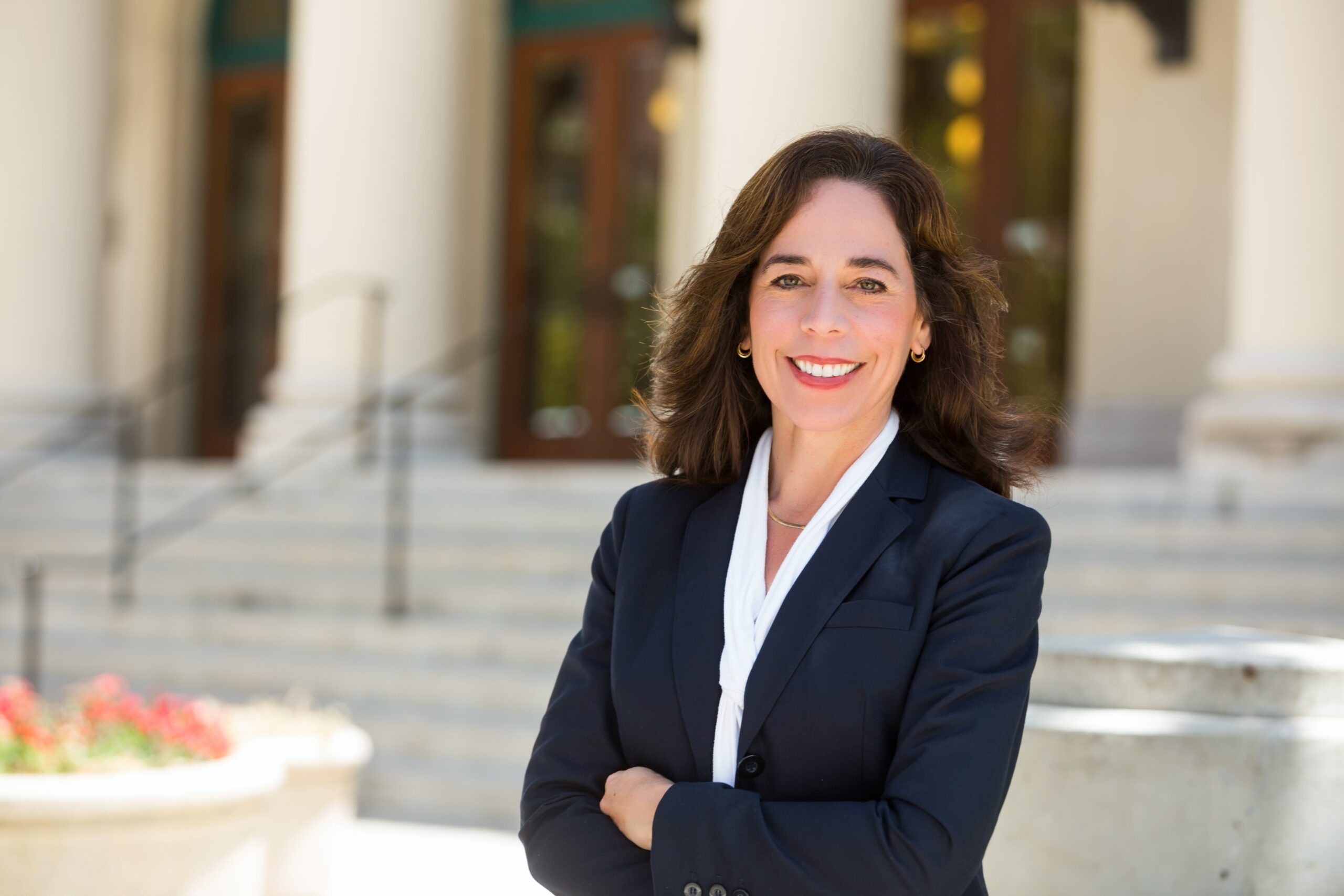
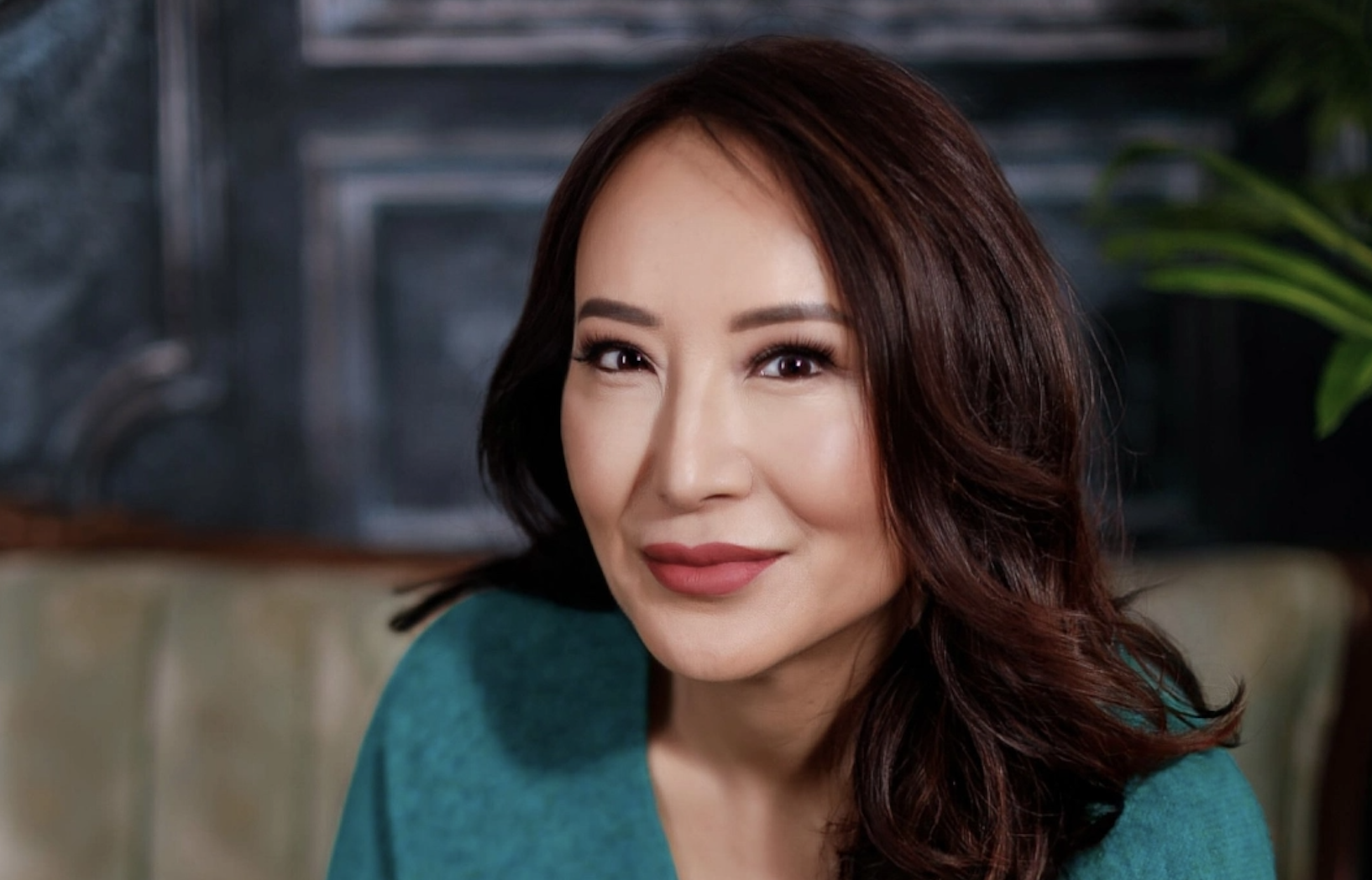
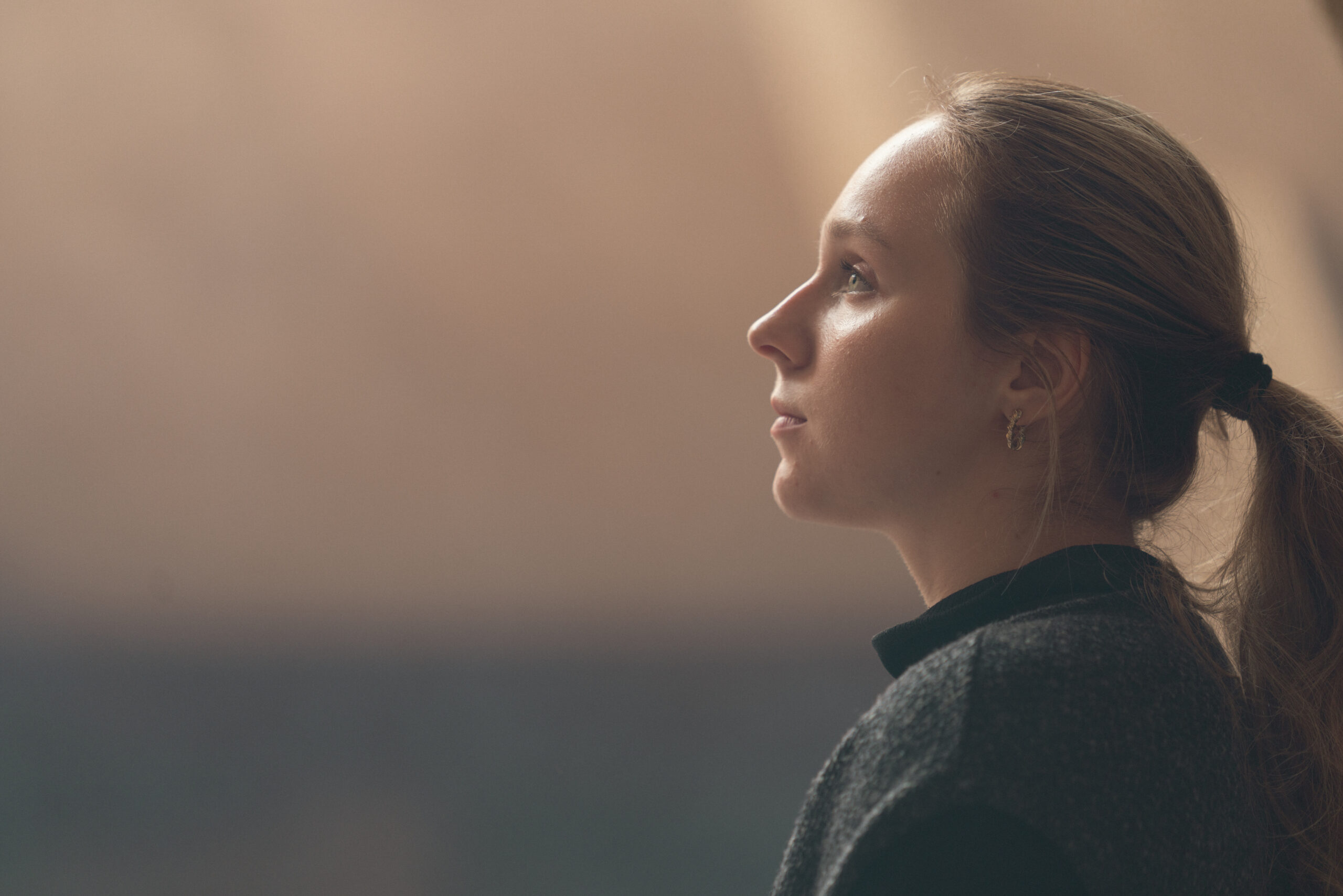


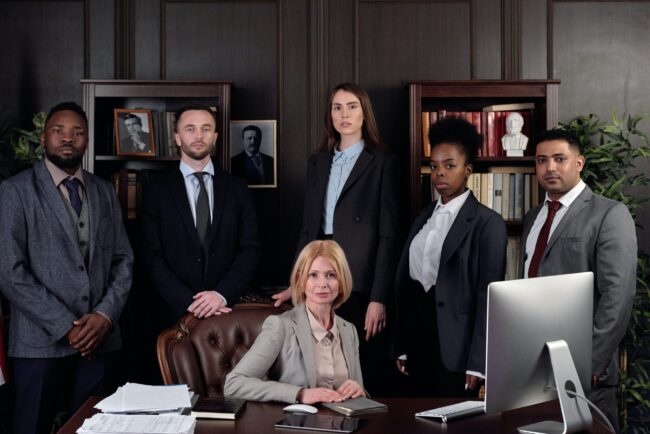
2 thoughts on “This Non-Profit Works To Break The Cycle Of Misogyny By Teaching Boys In India About Equality”